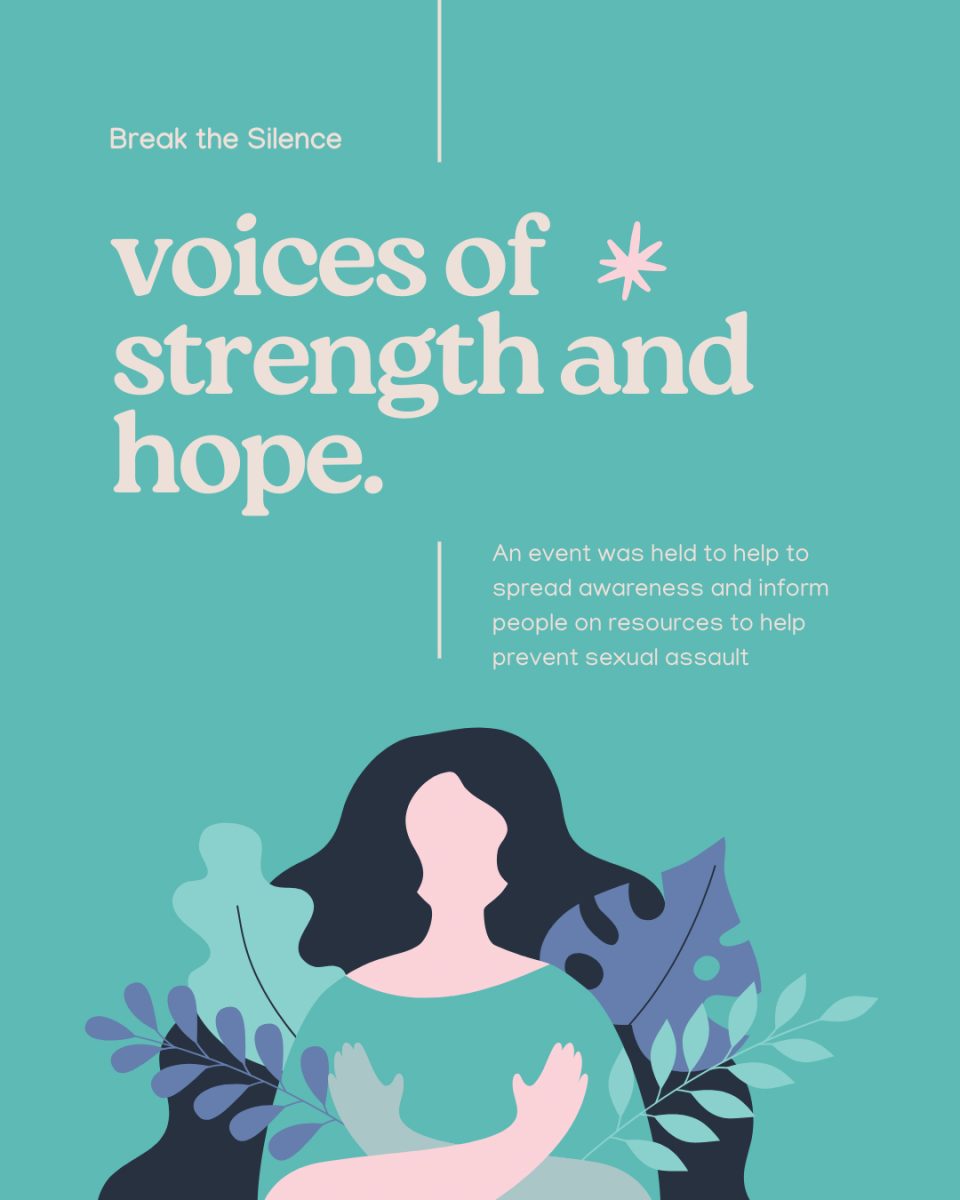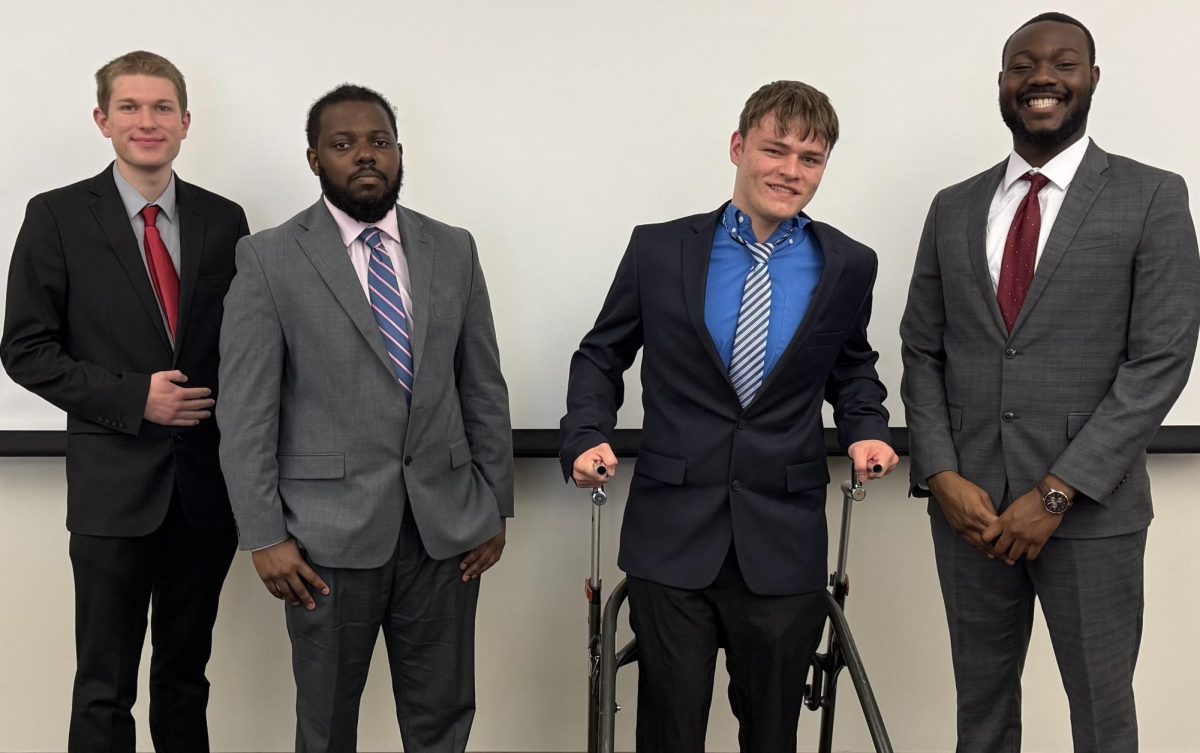Students at UIS are not as concerned about candidate platforms as they should be. With an upcoming election, young voters should be informed.
“I don’t support either candidate, because I don’t know anything about them,” Jesse Weier, a sophomore Math major laughs.
A deeper concern, for graduate student Jonathan Vongkorad, is candidates not targeting the youth vote. “I still think that’s a major concern that we have to address. How do you get somebody to care about something? Especially when politics is such a sensitive subject,” Vongkorad said.
The Nov. 6th election features, Republican Candidate Mitt Romney running on platforms such as reducing taxes, reforming social security, and a jobs plan for America. Democratic Candidate Barrack Obama’s website lists a few of his platforms including, discrimination with work and health benefits for women, more healthcare funding for the elderly, and thirty one straight months of job growth.
Aside from the two major candidates, there are fourteen independents, and ten other ballet candidates that are not affiliated with a party. A look at Green Party Candidate, Jill Stein, shows that some candidates are more focused on a set of issues, such as enacting a program that will create 25 million green jobs, phasing out nuclear power, and adopting tougher laws against ozone pollution.
Some of the independents are prominent. Running for the Peace and Freedom Party, Rosanne Barr wants to legalize marijuana, shut down the Federal Reserve, and forgive student loans.
While Barr may appeal to the younger demographic, UIS Visiting Assistant Professor of Political Studies, Ron Michaelson thinks character is key to what college students should look for. “Candidate platforms are something that every candidate needs but something that not everybody pays attention to,” Michaelson said.
A better way for college students to judge a presidential candidate is from the different debates. Paying attention to the questions asked and how a candidate responds is a better judge than a platform.
Scott Campbell, a junior Business major thinks the candidates have focused on big issues such as jobs and education. “As far as students go, I think the candidates’ plans are good, but they do have a long way to go as far as improvements,” Campbell said.
Michaelson says that the Romney campaign has put a lot of focus towards the jobs issue and the fact that college graduates aren’t getting the same jobs. “Students may not find work in their field; they might find a job at a local store or McDonalds. These students spent a lot of money on getting a college education, and I think that’s something you’re really going to see Romney hammer on Obama,” Michaelson explained.
Since President Obama is an incumbent, he will have tougher time defending his first term as president. Michaelson explained that college students should look for how well Obama fulfilled his promises from four years ago. “We’ve seen him attack his opponent; the candidate can’t be on defense the entire length of his campaign. He’ll have to be on offense at times,” Michaelson said.
Michaelson said that little attention towards youth issues such as internet privacy laws, birth control, and student loans will have little to no impact on the race.
“As far as communication, I haven’t heard a lot from each candidate. I think I’ve heard more from Obama, but you still haven’t heard a lot about college students,” Dan Mazzuca, a freshman Political Science major said.
With little attention, college students that do not care to vote are taking a naïve way of thinking according to Vongkorad. “That’s the purpose of what voting is about. It’s not about their votes canceling out; it’s about voicing their opinions, concerns, and what they believe in,” he said.






